FHA loans are a type of mortgage insured by the Federal Housing Administration, designed to help individuals with lower credit scores and smaller down payments become homeowners. I understand that they are particularly popular among first-time homebuyers because of their more accessible requirements compared to conventional loans. Here is your guide to FHA Loan Requirements. The FHA insures these loans, which allows lenders to offer them with less risk, resulting in more lenient qualification criteria for borrowers.

To my knowledge, applicants must meet specific criteria to qualify for an FHA loan. These usually include having a minimum credit score, a maximum debt-to-income ratio, and providing a down payment, which can be as low as 3.5% for credit scores of 580 and above. Although the government insures FHA loans, they are issued by qualified lenders, meaning each may have additional approval criteria.

All-new Amazon Fire HD 10 Tablet
Fire HD 10 tablet, built for relaxation, 10.1″ vibrant Full HD screen, octa-core processor, 3 GB RAM, latest model (2023 release), 64 GB, Black
I understand that the appeal of FHA loans goes beyond easier qualification. The low down payments and the possibility of having the closing costs rolled into the loan make these loans particularly attractive. Additionally, the FHA’s involvement tends to lead to lower interest rates compared to conventional loans. However, potential borrowers need to remember that FHA loans require paying for mortgage insurance, which slightly increases the overall cost of the loan.
Eligibility Criteria
As an expert, I’ll guide you through the specific eligibility criteria critical for qualifying for an FHA loan. These include meticulous credit score demands, comprehensive income and debt considerations, precise down payment guidelines, and stringent property requirements.
Credit Score Requirements
Minimum Credit Score: For an FHA loan, applicants typically need a minimum credit score of 500. Borrowers with a credit score between 500 and 579 are usually required to make down payments of at least 10%. If your FICO score is 580 or higher, you may be eligible for the 3.5% down payment.
Credit History: Lenders will examine your credit history, particularly looking for a solid payment history. If your credit report reveals issues, supporting compensating factors might be necessary to gain loan approval.
Income and Debt Analysis
Debt-to-Income Ratio (DTI): The standard maximum debt-to-income ratio usually allowed for FHA loans is 50%. However, lenders prefer a ratio of 43% or lower. It’s essential to have two years of consistent employment history which supports your income claims.
Work History and Income Limits: There are no specific income limits; however, you must provide proof of steady employment. Lenders will assess your work history and existing debt to ensure you can maintain mortgage payments.
Down Payment Norms
Minimum Down Payment: FHA loans require a minimum down payment of 3.5% for credit scores of 580 or higher. For scores ranging from 500 to 579, a 10% down payment is requisite.
Down Payment Sources: The FHA allows down payments to be funded through savings, gifts from family or friends, and down payment assistance programs.
Property Eligibility
HUD Requirements: The property must serve as your primary residence and must meet HUD’s minimum safety and livability standards.

All-new Amazon Fire HD 10 Tablet
Fire HD 10 tablet, built for relaxation, 10.1″ vibrant Full HD screen, octa-core processor, 3 GB RAM, latest model (2023 release), 64 GB, Black
FHA Inspection: An FHA appraisal includes an inspection to assess the value of the home and its condition. This is distinct from a home inspection, which is more comprehensive but also recommended.
Properties must be FHA-approved, which involves an FHA inspection, ensuring the home is safe, secure, and meets HUD standards.
Loan Terms and Costs
In considering the specifics of FHA loans, I must highlight the importance of understanding not just the borrowing limits but also the various costs associated with these mortgage products. These costs include Mortgage Insurance Premiums, both upfront and annual, as well as closing costs, fees, and the interest rates you’re likely to encounter.
Mortgage Insurance Premiums
FHA loans require two types of mortgage insurance premiums: upfront and annual. The upfront MIP is usually 1.75% of the loan amount, payable when the borrower gets the loan. The annual MIP depends on the loan amount, term, and loan-to-value (LTV) ratio, typically ranging from 0.45% to 1.05% of the outstanding balance per year.
FHA Loan Limits
For the year 2024, FHA loan limits vary based on the housing market area and property size. In most counties, the limit for a single-family home loan is $498,257, while high-cost areas enjoy a higher ceiling of $1,149,825. These amounts reflect the Federal Housing Administration’s efforts to accommodate borrowers in diverse markets.
Closing Costs and Fees
Borrowers should expect to incur various closing costs and fees when securing an FHA loan. These may include an appraisal fee, attorney fees, and other charges such as title searches and insurance. While these costs vary by location and lender, I can confirm they are necessary expenses in the home buying process.
Interest Rates
FHA loans typically offer competitive interest rates, which can be either fixed or adjustable. The specific rate I might qualify for depends on factors such as my credit score, market trends, and the lender’s criteria. It’s essential to shop around and compare offers to secure the best possible rate.
FHA Loan Processes
Navigating the FHA loan process requires understanding the essential steps from application to closing. I’ll walk you through the application, approval, and closing procedures, ensuring clarity at each stage.
Application and Preapproval
Firstly, I must complete an application with an FHA-approved lender. This will involve providing detailed personal and financial information to assess my eligibility. My lender will evaluate my credit score, income, employment history, debts, and assets. The FHA requires a minimum credit score of 500 for approval, but most lenders prefer a score of at least 580.
For preapproval, I’ll submit documents such as W-2s, tax returns, and bank statements. This gives me a clearer picture of how much I might borrow. It’s important to note that preapproval is not a guarantee of loan approval, but it is a significant first step in the mortgage process.
FHA Loan Approval
After preapproval, the next step is the FHA loan approval itself. My lender will process the application and underwrite the loan. This includes an appraisal of the property I wish to purchase or refinance to ensure it meets FHA standards and to determine its value.
During this phase, I might be asked to provide additional documentation or clarification. The lender checks if I meet all the loan requirements, such as a debt-to-income ratio of 50% or less. Approval is contingent on everything satisfying the FHA guidelines.
FHA Loan Closing
Finally, the closing stage is where the loan transaction is finalized. I’ll receive a Closing Disclosure at least three days before the scheduled closing date, detailing the terms of my loan, the final closing costs, and any remaining fees.

All-new Amazon Fire HD 10 Tablet
Fire HD 10 tablet, built for relaxation, 10.1″ vibrant Full HD screen, octa-core processor, 3 GB RAM, latest model (2023 release), 64 GB, Black
At closing, I’ll sign the mortgage and promissory note, pay any downpayment, and handle closing costs. FHA loans require a minimum down payment of 3.5% if my credit score is 580 or higher. If it’s between 500 and 579, I must put down at least 10%.
Once all the paperwork is done and the payment is sorted, the home purchase or refinancing process is complete, and the home or new loan terms are mine.
Special Programs and Options
The Federal Housing Administration (FHA) provides several special loan programs tailored to different needs, from help for first-time homebuyers to loans designed for energy efficiency improvements. Each program addresses unique requirements and benefits that I will outline below.
First-Time Homebuyers Options
For first-time buyers, obtaining an FHA loan can be more accessible due to lower down payment and credit score requirements. My down payment could be as low as 3.5% if my credit score is at least 580. Down payment assistance programs are often available to help me with this initial cost.
Home Improvement Loans
If I’m considering renovations, the FHA 203(k) loan allows me to finance both the purchase of my home and the cost of repairs or upgrades in one loan. This can be a valuable option if I’m looking at homes that need work, as it provides me with the funds to improve the property’s value and my equity.
Refinancing Options
FHA refinancing options include the FHA streamline refinance, offering me a lower rate with less paperwork if I already have an existing FHA loan. If I’m interested in taking cash out of my equity, a cash-out refinance option is also available.
Reverse Mortgage for Seniors
Seniors aged 62 and older can consider a Home Equity Conversion Mortgage (HECM), a type of reverse mortgage insured by the FHA. This allows me to access my home’s equity without having to make monthly mortgage payments, provided I continue to meet the other loan obligations.
Energy Efficiency Improvements
The Energy Efficient Mortgage (EEM) program is another FHA option that encourages me to make energy-saving improvements to my home. Under this program, I can finance cost-effective, energy-saving measures as part of my home purchase or refinance loan, leading to potential savings on utility bills.
By taking advantage of these special FHA programs and options, I can make home ownership more affordable and sustainable.
Frequently Asked Questions
In this section, I’ll address the most common inquiries regarding FHA loan requirements, ensuring you have the latest and most accurate information.
What are the credit score requirements for an FHA loan?
For an FHA loan, I need a credit score of at least 580 to qualify for the low down payment advantage, which is currently about 3.5% of the purchase price. However, if my credit score is between 500 and 579, I can still get approved for an FHA loan with a 10% down payment.
What are the income requirements for obtaining an FHA loan?
I must have a steady employment history or have worked for the same employer for the past two years. My income should be verifiable through pay stubs, federal tax returns, and bank statements. There is no specific minimum income threshold, but I do need to have a debt-to-income ratio below certain limits.
What does an FHA loan inspection entail?
An FHA loan inspection requires the property to meet minimum safety, security, and soundness standards as detailed by the FHA. The inspection includes checking for hazards like lead-based paint, ensuring the roof is in good condition and has a reasonable remaining lifespan, and confirming that the electrical and plumbing systems are functional.
What are the updated FHA loan requirements for the year 2024?
In 2024, the FHA loan requirements include a minimum credit score of 580 for a 3.5% down payment and 500 for a 10% down payment, sustained employment history, and a debt-to-income ratio that meets current guidelines. Loan limits for FHA mortgages might have also been updated to reflect changes in home prices.
How does one qualify for an FHA loan?
To qualify for an FHA loan, I must meet the minimum credit score requirement, provide proof of employment and steady income, and have a debt-to-income ratio within permissible limits. Additionally, the property must be appraised by an FHA-approved appraiser and meet the safety and value standards established by the FHA.
What are the reasons a seller might be hesitant about accepting offers with FHA loans?
A seller may hesitate to accept offers with FHA loans because the property must meet certain standards that might require additional repairs before the sale can proceed. Additionally, the appraisal and loan approval process with an FHA loan can take a bit longer, which could delay the closing process.




